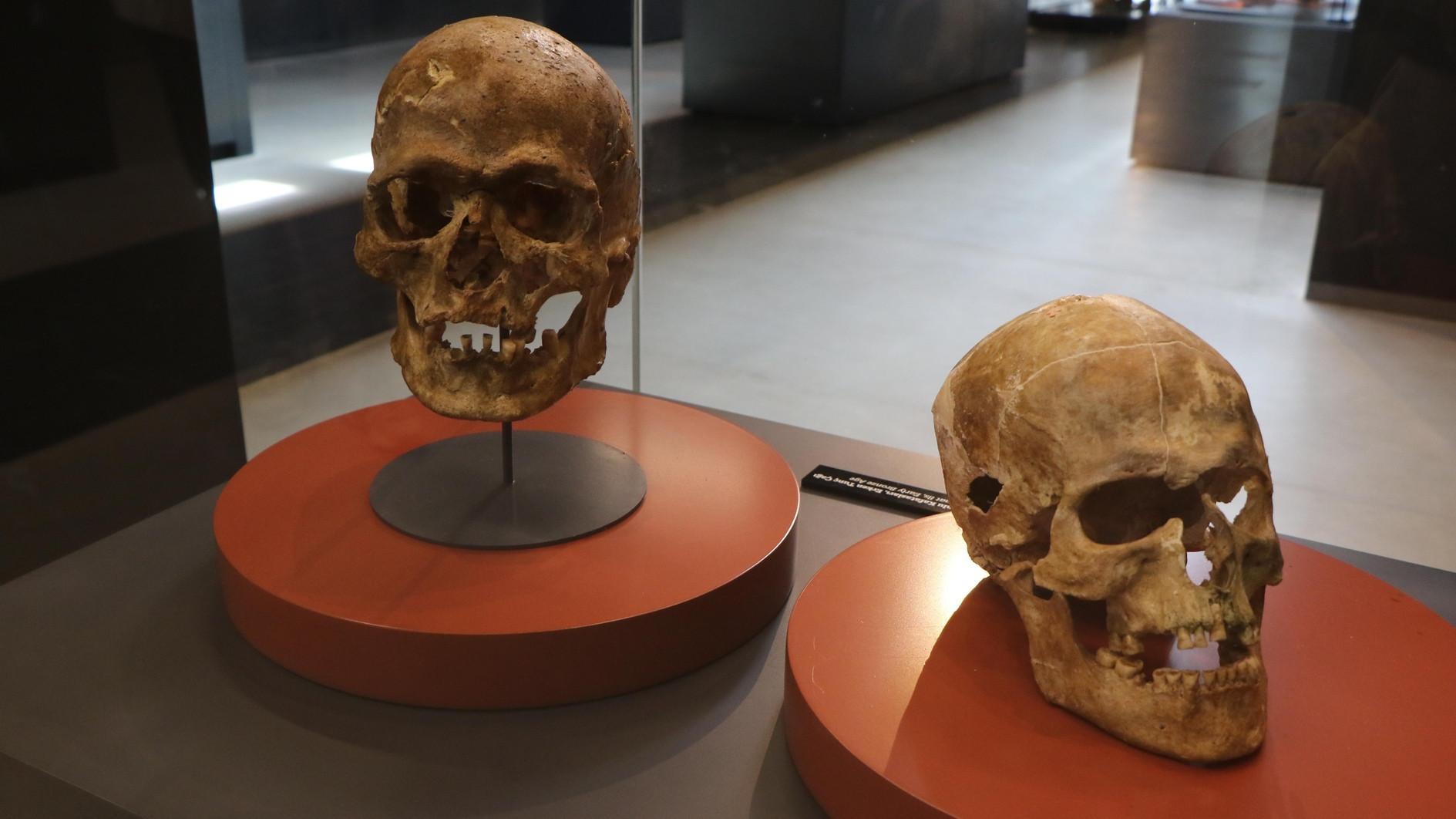Here’s how to save Mosul
“There are still open wounds from the break-up of the Ottoman Empire. They have only been plastered over, but never given a chance to be healed. Maybe that is because our leaders never found an opportunity to properly address the regional problems on a long term basis, with consideration of the peoples’ legitimate aspirations.”
Thus spoke Anton Keller, the late Swiss diplomat who devoted a major part of his life to the Mosul question.
He was both the founder and the international representative of the Mosul Vilayet Council (MVC), a civil society organization composed of all ethnic and religious elements in Mosul. He is the one who enabled the MVC’s accreditation at the United Nations.
Keller was right. Iraq was exposed to former President Saddam Hussein’s Sunni politics for decades. During the Saddam era Kurds were massacred and Shiites were excluded. Following the U.S. intervention in 2003, Saddam was toppled and civil war erupted. This time it was the Shiites who marginalized the Sunnis. And the whole of Iraq, including Mosul, was driven to turmoil.
That is why Keller is right. Long-term policies addressing the peoples’ aspirations have never been conducted in this region. As a result, today there is not only ethnic conflict in Iraq (between Kurds, Turkmens and Arabs), but also sectarian clashes between Sunnis and Shiites.
You must know the phrase, “When in a hole, stop digging.” If you are in a hole, the best thing to do is create a plan for getting out of the hole. For Iraq, the only way to get out of this turmoil is setting up a model that would rule out these conflicts.
Tarık Çelenk, the founder of Ekopolitik, a civil society organization specializing in conflict resolution, was also engaged in the foundation of the MVC, alongside Anton Keller. During our conversation, Çelenk reminded me that the Mosul vilayet (province) during the Ottoman Empire used to be today’s northern Iraq, then populated mostly by Kurds and Turkmens.
Yet during the Saddam era this region, especially the oil-rich Mosul and Kirkuk area, was subject of Arabization. Arabs were forced to migrate there and the private properties of Kurds and Turkmens were confiscated.
This is exactly the same policy followed by the Kurds in the aftermath of Saddam. This time, northern Iraq (the former Mosul vilayet) came under the control of the Kurdistan Regional Government (KRG), which changed the population in favor of the Kurds. Arabs and Turkmens were nearly assimilated. The story has not finished yet: Nowadays this region is coming under Shiite influence.
According to Çelenk, the best way to break this vicious cycle is to found a regional parliament including all elements in Mosul. He suggests this administrative model as a solution for all failed states in the Middle East, including Syria, Iraq and Lebanon. Çelenk suggests that Turkey should pioneer this project in the international arena.
Even though it would take a long time to realize this idea, Çelenk says Ankara needs to bring this up, suggesting reviving the MVC to this end, as it has been the only civil society organization working on Mosul since Iraq’s independence in 1932.
Keller apparently also visualizes this role for Turkey. “By standing up for the Mosul Vilayet Council, Turkey could profile itself as a stabilizer between different elements in a woefully destabilized region. That is for me not in question, it is a given. It is a natural course, like the rising sun in the morning,” he said.
In short, Ankara could bring this project to the U.N.’s agenda. It could also make it come up at the U.N. Security Council through one of its permanent members such as the U.S., Britain or France.
In this way Turkey could use its soft power for the representation of all elements in Mosul. This would save Ankara from being perceived as the “sponsor of Sunnis and Turkmens." It would also mark a positive step toward the Kurds in the region while weakening the current Shiite opposition to Ankara. Who knows, it might even pave the way for Baghdad’s support in due course.
Let’s finish with a piece of wisdom from Anton Keller: “What is now northern Iraq has been a religious, cultural and economic crossroads since the eras of Suleyman the Magnificent, Alexander the Great and the Pharaoh Akhenaton. The Mosul Vilayet could be the core area from which the Middle East will be reshaped in accordance with the aspirations of its peoples. We are not talking about a resurrection of the Ottoman Empire. But I expect the Mosul Vilayet leaders to build on still relevant roots and draw inspiration from that experience as well.”











